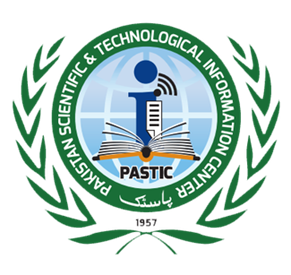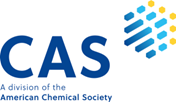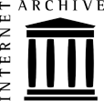Plagiarism Policy
PLAGIARISM AND AI DETECTION POLICY
The Developmental Medico-Life-Sciences Journal is committed to upholding the highest standards of academic integrity in line with HEC, PMDC, COPE, and ICMJE guidelines. The journal takes a strict stance against plagiarism, manipulation of research data, and unethical use of artificial intelligence (AI) in the academic publishing process.
- Plagiarism Detection and Prevention
Plagiarism is defined as the unacknowledged use of another’s ideas, writings, or work. The journal implements rigorous plagiarism checks using tools such as Turnitin or iThenticate. All submissions are subject to a detailed review, and manuscripts with similarity indexes exceeding 19% are flagged for further investigation.
- Action Against Plagiarism: If plagiarism is identified, the journal follows COPE guidelines, which may result in manuscript rejection, retraction of published articles, or notification of the author’s institution.
- Artificial Intelligence in Research
The journal acknowledges the growing role of AI tools in the research process, but it emphasizes that AI should not be used to generate or manipulate data, alter research findings, or write content in place of the authors. Authors must adhere to the following:
- Disclosure: Authors are required to disclose the use of any AI tools in the methodology or writing process in the manuscript submission. This includes tools used for data analysis, content generation, or editing.
- AI in Research: If AI tools are used in data analysis, authors must clearly specify how the tool was used, ensuring that it does not interfere with the accuracy and integrity of the results.
- AI-Generated Content: Any content that is generated by AI tools (e.g., writing assistance, paraphrasing tools) should be appropriately disclosed. AI-generated content that constitutes a significant portion of the manuscript must be explicitly acknowledged as such, and the authors must take responsibility for its accuracy and validity.
















